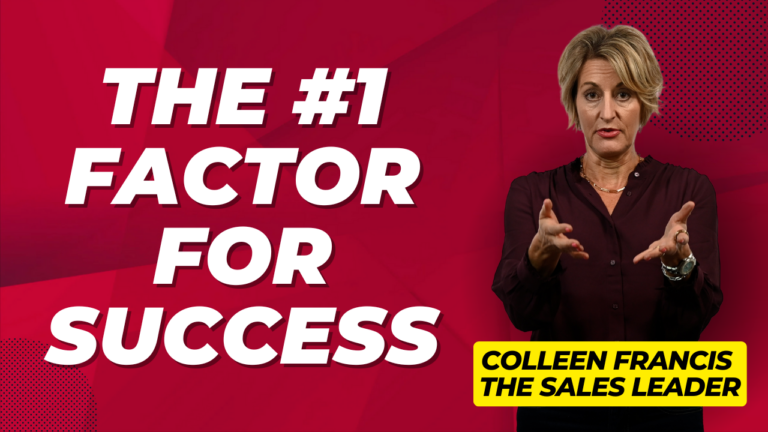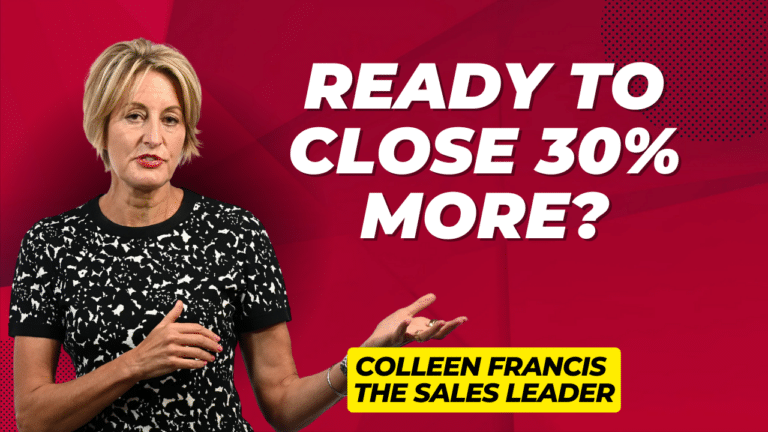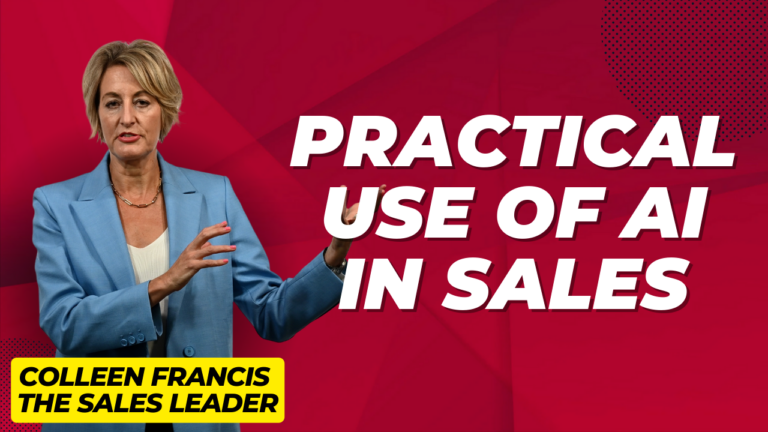Honest sales people don’t “pitch” prospects or sell features and benefits. They don’t pressure with limited time discounts and offers. Most important they don’t talk as much as they listen. They pay attention to their client’s needs first and their own needs second.
Honest sales people appreciate their clients and the business that is transacted and they are truly grateful for their personal and professional relationships. In short, they don’t just have a relationship with their clients, they are engaged!
Sadly, our relationships often fail to reach the engagement level because we forget to pay attention! Isn’t it true that we often get caught up in rushing through our day? Completing multiple tasks at one time. Putting out fires, firing off emails to “talk” to potential clients, co-workers and family. Taking conference calls when driving to pick up our kids, checking emails while in our office sales meetings. I believe that doing so causes us to lose sight of the real purpose of sales; to create engaging relationships with everyone in our network.
There is a difference between connecting with someone and engaging with them. That difference is trust. And creating trust requires being nice, staying focused on their needs and treating them with respect.
What is respectful behavior in your relationships?
- If you receive an email that you feel is challenging or upsetting, pick up the phone and call. Speak with them with genuine curiosity and respect.
- If you must deliver bad news to a client or a colleague. Use the phone or meet with them face to face; have a real conversation with them.
- Listen, do not interrupt. A simple rule to follow is wait three seconds after someone has finished talking before you start. This will ensure you don’t jump in, interrupt or overrun their conversation.
- If email is the only option, write it once, save as a draft. Sleep on it and review your text the next day. Better yet – send an email that only says, “please can we talk”.
- Keep your private communications private – no need to tell the whole office or your networking group about an incident you had with a client, prospect or manager.
- Show acknowledgement and appreciation.
In Honesty Sells Steven and I teach a technique called “Getting into Gear™”. This technique works for client and internal relationships and it goes like this:
Genuine. Say it only if you mean it. People know when you are being insincere.
Exact. Explain what you are you acknowledging exactly. Don’t just say, “Thanks for doing a good job.” Say: “I appreciate the work you did on the Jones project. Your attention to detail on the contract negotiation was outstanding!”
At once. Catch people doing something good and acknowledge it right away. Don’t wait a week. Do it now. Even if you have to make a phone call or send an e-mail rather than acknowledging someone in person. An immediate acknowledgment is always better than a delayed one.
Regular. You cannot harm people by over-appreciating them.
Sales people ask me all the time if it’s possible to over-acknowledge. I tell them no! Not if the acknowledgement is genuine. You should never be concerned with the quantity of your recognition but rather the quality. Is your acknowledgement truly sincere? To my knowledge no one has ever left an organization, or refused to buy a product because they were acknowledged or supported too much.
Acknowledgment requires more than singling someone out and showering them with praise or gifts. There are also implicit support behaviors in recognizing another person’s efforts and work—and these should be worked into your daily sales calls and routines for all interactions.
1. Be Empathetic and compassionate
Truly care about your client (no matter how good an actor you are, faking it won’t work). Ask questions, take notes, and lean in to show that you’re engaged in the client’s answers. When you take an interest in people, they remember you—and when people remember you, it’s good for business.
2. Make Eye Contact
This is especially important when you walk into a room full of people. It’s also essential after we get to know people, because it cements our existing relationships and lets them know that we’re still interested in their well-being. Very few salespeople ever look their prospects directly in the eye. You’ll be surprised how much simply smiling and making eye contact will set you apart from other salespeople.
3. Give Value First
Share your network of contacts with your clients, and don’t expect them to give you their business without you giving them something first. Look to offer things that will increase your value. Perhaps a client needs a referral to a partner of yours or requires some help finding a new dentist. Or maybe a prospect has a business problem that can be fixed with a new idea you read about or heard from someone else you’ve met. Can you offer a subscription to a magazine full of articles to help your prospect at her job? Does your company have a high-value newsletter or white paper that you can distribute?
4. Express Your True Intent
Tell clients upfront: “I don’t know if there’s a fit between what you need and what I have right now, but I’m hoping we can explore that in more detail during this meeting.” Or try this: “I only have your best interests at heart, and I promise to be honest with you throughout our conversation. In the end, I hope that we can mutually decide if there is a reason to move forward. If not, that’s fine, too, and I hope you’ll feel comfortable telling me so.” The thought of speaking to someone like that might make you uncomfortable, because it runs counter to the business habits that we witness every day. But that’s one of the reasons why only 10 percent of salespeople in any organization are top performers; they do things that most others don’t. Try expressing your true intent. Say it to yourself a few times. You’ll be amazed at the response you get.
5. Thank You. Thank You Very Much
Thank-you cards are a simple, inexpensive way to show clients appreciation. They can be tied directly to receiving more business and referrals. Clients who feel appreciated buy more and buy more often. A simple way to use them is to write a thank-you card at the time an order is placed, when a client reorders, and at the anniversary date of when someone became a client. When was the last time you received a thank-you card from a vendor?
A top 10 percent best practices tip: Choose your thank-you cards to match the personality of your client. If you know they love dogs send thank-you cards with dogs on them. Send cat cards to your cat-loving clients and food cards to your foodies (I even keep a stack of Elvis cards for our Elvis fan clients). Don’t know what your client will prefer? Simply send a plain card on exceptional stationary. No logos. No corporate messages. This is a time for a personal outreach, not a corporate one.
When you send a card with the client’s interest on the front, she may keep that card on her desk for weeks or months. And, every time she sees it, she thinks of you. When others come into the office and see the card they ask about it. And guess what? You are mentioned again. With that one little card you can stay top of mind and are more likely to be thought of first when add-on business is required or referrals are available.
Your success is directly determined by your willingness to communicate with your network in a trust building way. In good times or bad, the type of salesperson you choose to be is entirely up to you. Choose to be kind, honest, open, and supportive of your clients. You’ll see consistent sales growth; you’ll build an excellent reputation; and you’ll become a leader in your field—regardless of your market or the state of the economy.



